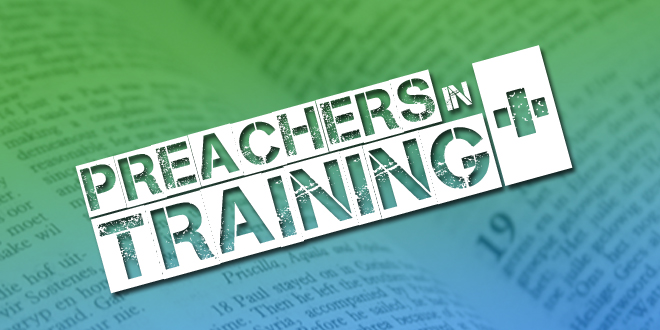In an old, familiar song, worshippers blend their voices and ask God to “revive us again.” To revive is to restore to life or consciousness, to give new strength or energy, or to improve one’s position or condition. Are we really seeking that kind of revival?
Some of us are too comfortable where we are to truly ask that God revive us. Why would we want God’s revival when we have good jobs, enough money both to pay the bills and to enjoy our hobbies, and good standing with our fellow man? Why breathe new life into Christianity when you’ve been “going to church” for decades, and you feel good about your spirituality? We must be careful that we do not deceive ourselves (James 1:22).
Spiritual improvement is not easy, but it is necessary. Psalm 119 offers at least four key ingredients that will help us to be truly revived.
[highlight]1. DAILY BIBLE READING.[/highlight] Revival will not happen apart from God’s word. Sensationalism and emotionalism may make people feel good, but it will never begin to do what the powerful word of God can do (Rom. 1:16). The psalmist said, “Revive me according to Your word” (Psa. 119:25, 107, 154). How much time do you spend in God’s word each day?
[highlight]2. DAILY BIBLE APPLICATION.[/highlight] Spiritual revival will come from more than mere exposure to God’s word. Reading the Book must be followed by applying the Book. This is the hard part. We are revived in righteousness (Psa. 119:40). “All Your commandments are righteousness” (Psa. 119:172). Taking care of our sin problem through the blood of Jesus in baptism (Rom. 6:1-4), followed by continual holiness as we walk in the light (1 John 1:7) is vital to spiritual revival. We must protect ourselves from sins of all kinds: sins of conduct, sins of speech, and even sins of thought (cf. Psa. 119:37)!
[highlight]3. TENDER-HEARTEDNESS.[/highlight] God’s word is designed to prick hearts (cf. Heb. 4:12), but our hearts must be tender enough to accept what the word teaches. God’s ways are best (Jer. 10:23); His justice is true and right. When God’s word rebukes, we must be willing to listen and to conform to God’s will. The psalmist said, “O LORD, revive me according to Your justice” (Psa. 119:149, 156).
[highlight]4. HUMILITY.[/highlight] The Bible is a message of grace (Titus 2:11-12). God loves us, and the Bible tells us the extent to which He loves us (John 3:16). The psalmist felt that understanding God’s grace and God’s love was key to obedience to God, and thus, to spiritual revival. He said, “Revive me according to Your lovingkindness, so that I may keep the testimony of Your mouth” (Psa. 119:88, 159).
You may be surprised at the power of the gospel in your life when you, through humble obedience, read and apply the Scripture. It is designed to convict us, to cut to the heart, and to bring us to our knees in godly sorrow (2 Cor. 7:10).
May this ever be our prayer: “Hallelujah! Thine the glory, revive us again!”








